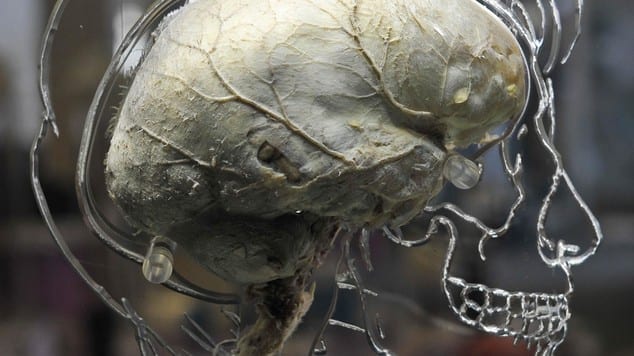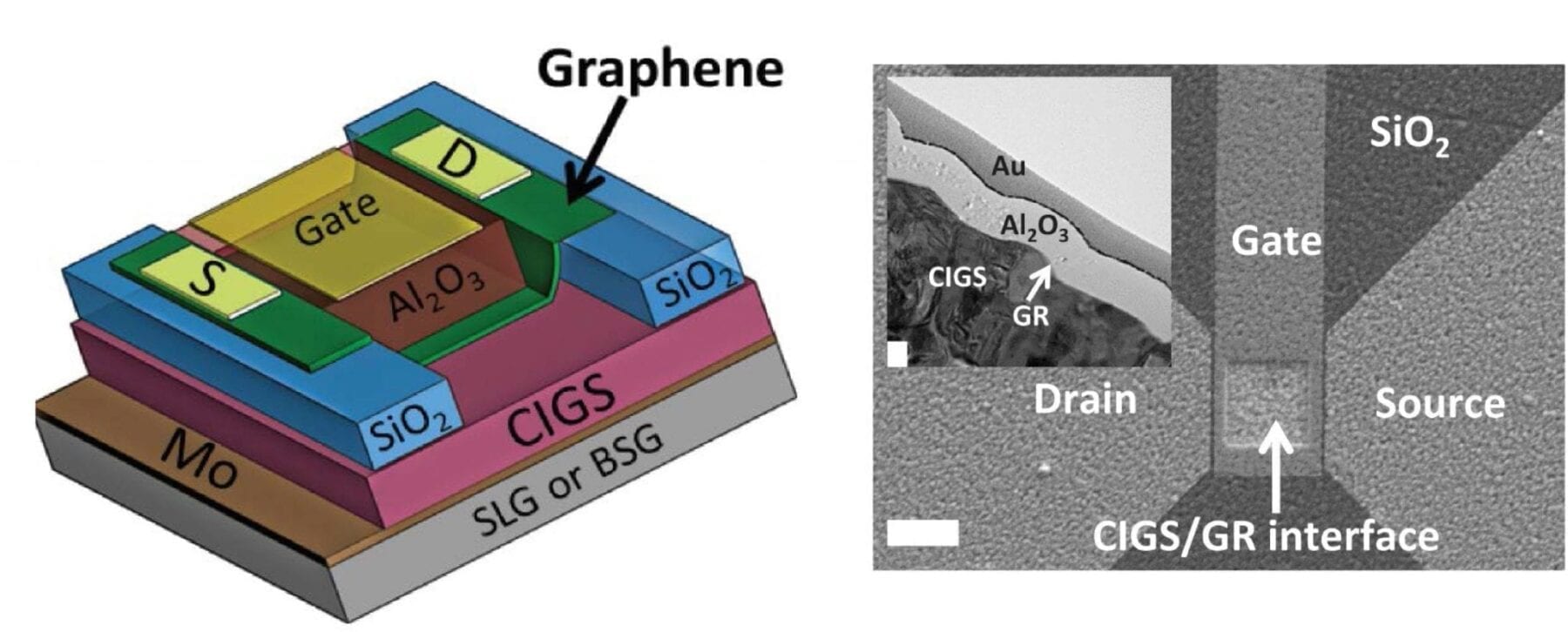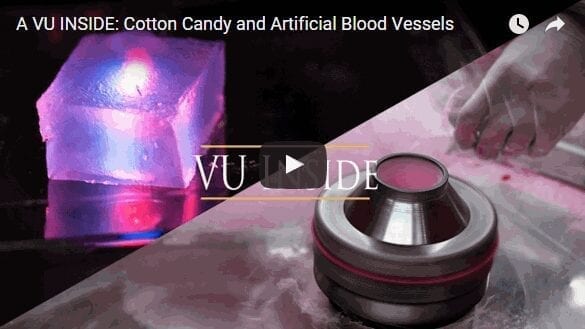
Laboratory-made “minibrains” that show a primitive ability to think could transform research on neurological diseases and treatments, scientists say.
The tiny balls of brain cells, each about the size of a housefly’s eye, have been created by US researchers who claim they could be mass-produced in large numbers.
Grown from stem cells, the brains contain many of the neurons and cells of their full-sized human equivalents.
Scientists believe they will provide far more reliable results in drug tests and other experiments than animal “models” such as mice and rats.
Lead researcher Professor Thomas Hartung from the Johns Hopkins Bloomberg School of Public Health in the US, said: “Ninety-five per cent of drugs that look promising when tested in animal models fail once they are tested in humans at great expense of time and money.
“While rodent models have been useful, we are not 150lb rats. And even though we are not balls of cells either, you can often get much better information from these balls of cells than from rodents.
“We believe that the future of brain research will include less reliance on animals, more reliance on human, cell-based models.”
The brains were created using induced pluripotent stem cells (iPSCs), adult cells that have been genetically reprogrammed into an embryonic stem cell-like state.
Stimulation with the right chemical cocktail causes the iPSCs to further develop into the different cells and layers of the brain.
Potentially, thousands of exact copies can be produced – a hundred in just one laboratory petri dish, say the scientists. They can also be customised to display certain traits or genetic defects associated with diseases such as Alzheimer’s, Parkinson’s and multiple sclerosis, as well stroke or trauma.
Learn more: ‘Minibrains’ breakthrough in neuro-research
The Latest on: Minibrains
[google_news title=”” keyword=”minibrains” num_posts=”10″ blurb_length=”0″ show_thumb=”left”]
via Google News
The Latest on: Minibrains
- 'Frankenstein' mice with brain cells from rats raised in the labon May 1, 2024 at 3:00 am
In recent experiments, rat brain cells filled in for lost neurons in mouse brains, raising new possibilities for growing donor tissues across species.
- The best MacBook for You in 2024: what to consider before buyingon April 29, 2024 at 11:00 am
Apple’s MacBook lineup is streamlined but still offers plenty to consider. Whether you want a lightweight powerhouse or a budget-friendly workhorse, there’s a perfect Mac out there. This guide breaks ...
- Party animal or wallflower? UC San Diego lab thinks autism-gene drug could help some thriveon April 25, 2024 at 5:12 am
Scientist says genes they’re working with could also explain why wolves evolved into dogs, and why there are no chimp cities.
- Scientists just grew super realistic, miniature colons in the lab and gave them canceron April 24, 2024 at 8:00 am
The tiny colons were grown from mouse stem cells, but human versions could one day be used to test new drugs for colorectal cancer, scientists say.
- Roscosmos cosmonauts to conduct first spacewalk of 2024 on April 25on April 23, 2024 at 6:26 pm
Roscosmos cosmonauts Oleg Kononenko and Nikolai Chub, who are part of Expedition 71 crew, are set to embark on the first spacewalk of 2024 outside the International Space Station (ISS). Scheduled to ...
- From politics to the lab: The push for psychedelics in Mass.on April 23, 2024 at 12:33 pm
New research, a potential state ballot measure and pending decisions from the FDA are putting psychedelics are on a path that could lead them to become an integral part of mental health care in ...
- Quest to unearth next CSL begins in Victoria thanks to state VC fundon April 18, 2024 at 12:08 pm
Australia’s biggest biotech company, CSL, has voiced support for Victoria’s embattled $2bn state venture capital fund, saying without the scheme it wouldn’t have been able to host a start-up incubator ...
- Mini brains and lab-on-a-chip wearables: Jumar Bioincubator officially begins its mission to build "Australia's next CSL"on April 17, 2024 at 5:00 pm
Tessara Therapeutics is creating "mini brains" in test tubes through 3D neural micro-tissues that mimic the human brain and offer all the essential requirements for drug discovery, including dense and ...
via Bing News









